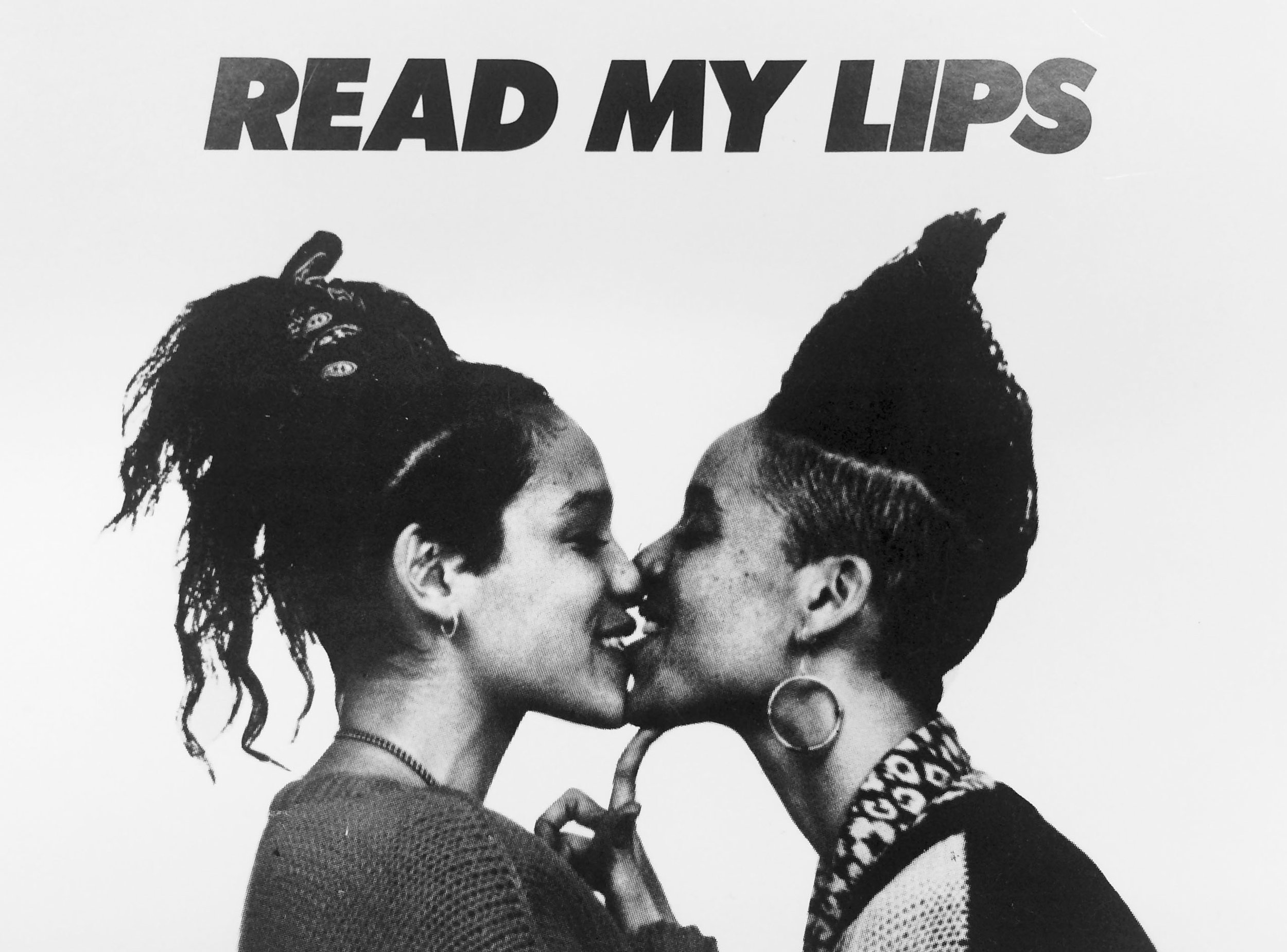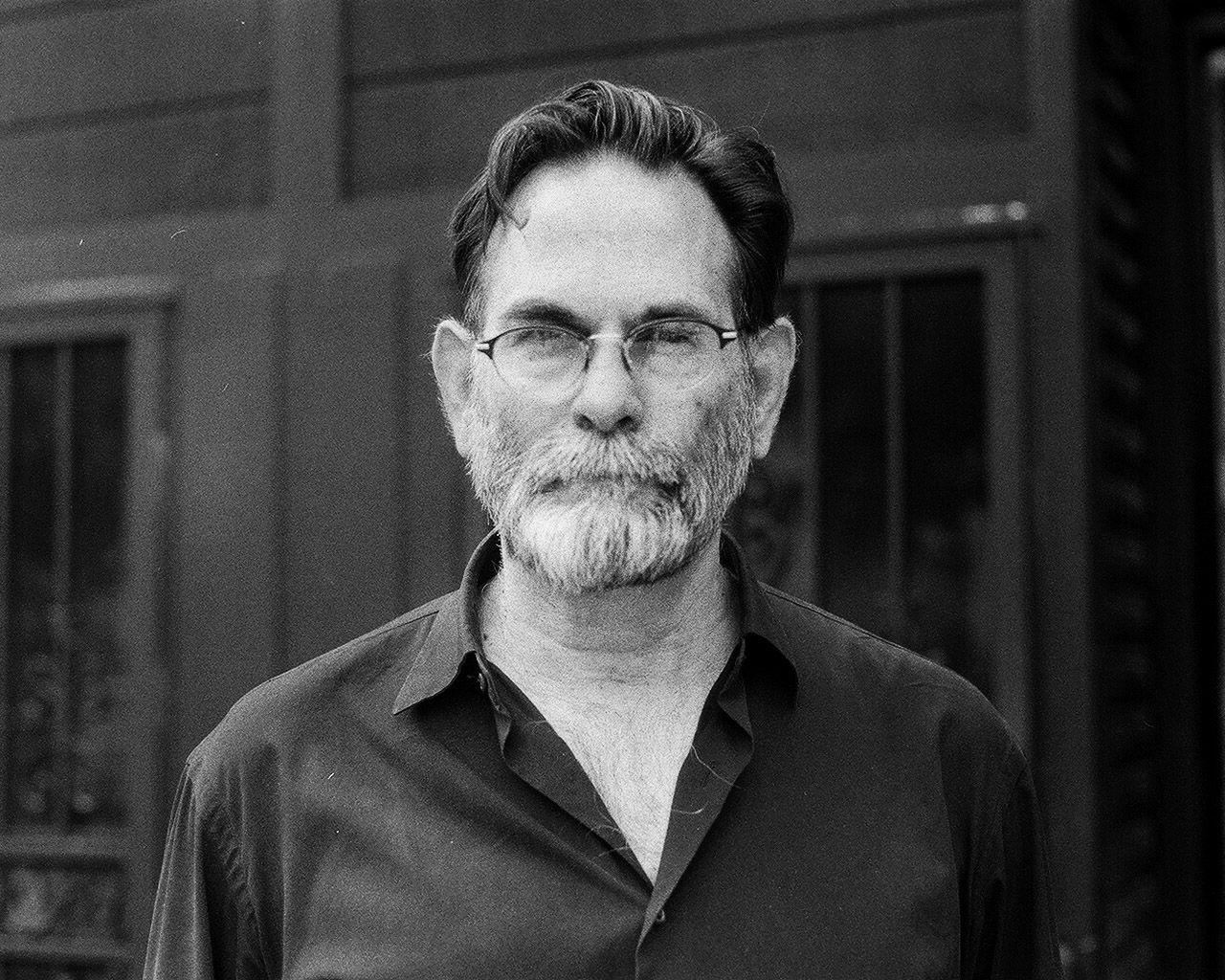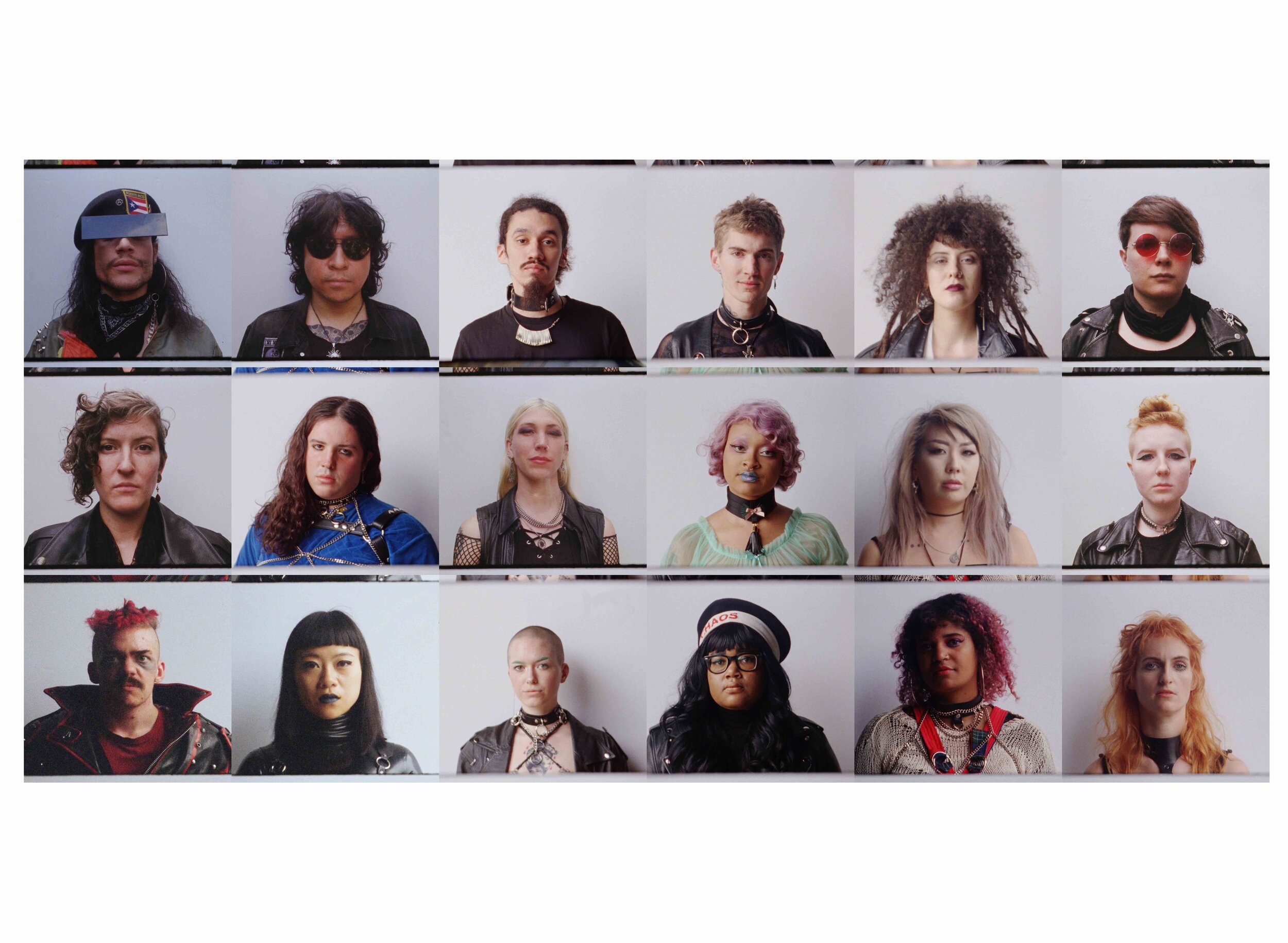'Children Tell the Truth’: Cándido Mezúa Salazar

During the 2019 Youth Climate March, indigenous leader Cándido Mezúa Salazar of Emberá Wounaan told Tess Gruenberg a story passed down through generations about the child as truth-teller
Storytelling is a cornerstone of indigenous cultural heritage. The stories, passed down through the generations, teach the basic principles of benevolent life forms by illuminating the wisdom of the past. Powered by an immovable faith in these stories and their educational value, it is no surprise that indigenous leaders are the backbone of climate activism— they are intertwined both historically and spiritually to all things natural.
If Not Us Then Who? is a global awareness campaign highlighting the indigenous leaders who protect the planet. By giving a platform to a global community of indigenous youth and tribe leaders to tell their own stories of climate activism through short films and photo-essays, INUTW is building a visual library of indigenous storytelling. The name is plucked from a seminal speech by Filipino diplomat turned activist Yeb Saño (in turn inspired by JFK, John Lewis and others), who said: “The climate crisis is madness. We can stop this madness… If not us, then who? If not now, then when?”
On the morning before the NYC Youth Climate March, with the help of a translator, Good Trouble met with the co-founder of INUTW, Cándido Mezúa Salazar of the Emberá Wounaan from Panana, and witnessed as Cándido demonstrated the power of storytelling by doing what he does best: telling a story.
What are the defining elements of indigenous storytelling?
We indigenous people have a very long history of storytelling. Growing up, the first thing we hear is our mother telling us stories. These stories are our schooling, and our school is our way of life. The first element of storytelling is to communicate the basic principle you want your kids to live by. These principles are a spiritual link to our identity, culture and way of life. If a young person or an adult disconnects from their culture, they are dead. If they disconnect from the forest, they are dead. There is one story that connects us with young people.
We call it “The Story of the Alligators”:
They killed a lot of communities during colonisation. They killed our grandparents and our mothers. All who were left were the children, lost in the forest. Little by little, they were picked up by church people. The priest started teaching them his language, but the children continued to communicate in their own language. When the children wanted to teach the priest a lesson, the priest always said: “No, you don't know anything. I'm the one teaching you everything you know. You will only learn what I have to teach you.”
Years went by and the children secretly communicated in their language. One day, the children insisted that they wanted to teach the priest something. When he asked the children what they wanted to tell him, the children answered with a question: “Father, have you heard alligators speak?” He got very angry, and began to hit things and said, “No, animals do not speak. You are the ones who have to learn how to speak.”
After some time, the children invited the priest to the forest. As they walked further into the forest, something fell down from the tree and they asked him, “Father, do you know what fell down?” He said, “It may be a branch.” They continued walking. A bird flew away. The children wanted to tell the priest what that was but before they could, the priest said, “Before you tell me, I am going to tell you. It was a bird.”
They kept on walking until they reached this little lake. All the children walked to a fallen tree and climbed on top the fallen tree. Only one of the children walked with the priest to the edge of the lake. The child climbed a tree on the edge of the lake. The priest thought to himself, what is going on, but didn't dare to ask the children. Out of the little lake came two bright eyes. The priest looked at the children, asking them with his eyes, but all the children did was laugh. They asked, “Father, do you know what those are?” “No,” the priest replied, “but I would like you to explain it to me.” “Those are the little alligators.” Then, they heard a noise and came down from the fallen tree. Out came two big eyes. A big log emerged. The priest said, “I know what this is. These are logs floating up from the lagoon.” The kids said, “Father, we would like to teach you something.” “No,” the father replied, “you don't know anything. I can hear and I am teaching you.”
The forest became quiet. They heard dry twigs and branches break. The kids were surprised but happy. The only one who was frightened was the priest. When he realised he was surrounded by alligators, the priest asked the children, “What is this? Why?” The children said to him: "What we wanted to tell you is that we can speak to our brothers and they can help us, but you didn't listen. We wanted to tell you that all of the alligators that come out of the lake are the ones that are hungry.”
This teaches that even the smallest children can teach you. Those who think they know everything know nothing. So, listen. Feel. Trust. Children tell the truth. This is a fundamental element of our storytelling.
“Even the smallest children can teach you. Those who think they know everything know nothing. So, listen. Feel. Trust. Children tell the truth.”
Portraits of the Emberá Wounaan children. Credit: Handcrafted Films. Courtesy of If Not Us Then Who site. To watch the short documentary on the Emberá Wounaan, click here.
Portraits of the Emberá Wounaan children. Credit: Handcrafted Films. Courtesy of If Not Us Then Who site. To watch the short documentary on the Emberá Wounaan, click here.
Why did we stop listening to children?
The system turns you into slaves. Working zombies. In such a system, parents need to work to survive. Their life is work. What time do they have for their family? They leave their children with nannies who are not even family. They take them to school. They get out of school. They go to daycare. When will they see their children? At night?
“We need to look for solutions. Looking for solutions is the greatest act of creativity. If we dwell on the crisis, we won’t advance.”
Your story is full of spirit. With all of the cynicism, anger and frustration in the world. how do you instil people with spirit?
We need to understand there are very positive people in the world. Idealists. Dreamers. But that all of these people live in a reality. And the reality is what we are living now, not the reality of the past. Because we are in a world dedicated to money and wealth, we lose contact of the reality around us… The spiritual part is what we have lost. Each person wants to do their thing. The parents do not talk to their children. The children trap themselves in their apps and technology. We need to live. Connect.
How does creativity play a role in this resistance?
We cannot expect a father to tell us everything. We need to look for solutions. Looking for solutions is the greatest act of creativity. If we dwell on the crisis, we won't advance.
Portrait of Cándido Mezúa Salazar. Credit: Daniel “El Suchi” Garcia. Watch the short documentary about the Guardians of the Forest here
Translation: Ana Alvarado. Cover Image from IFNUTW story “A Sustainable Solution” about the fight to maintain the forests of Costa Rica.







